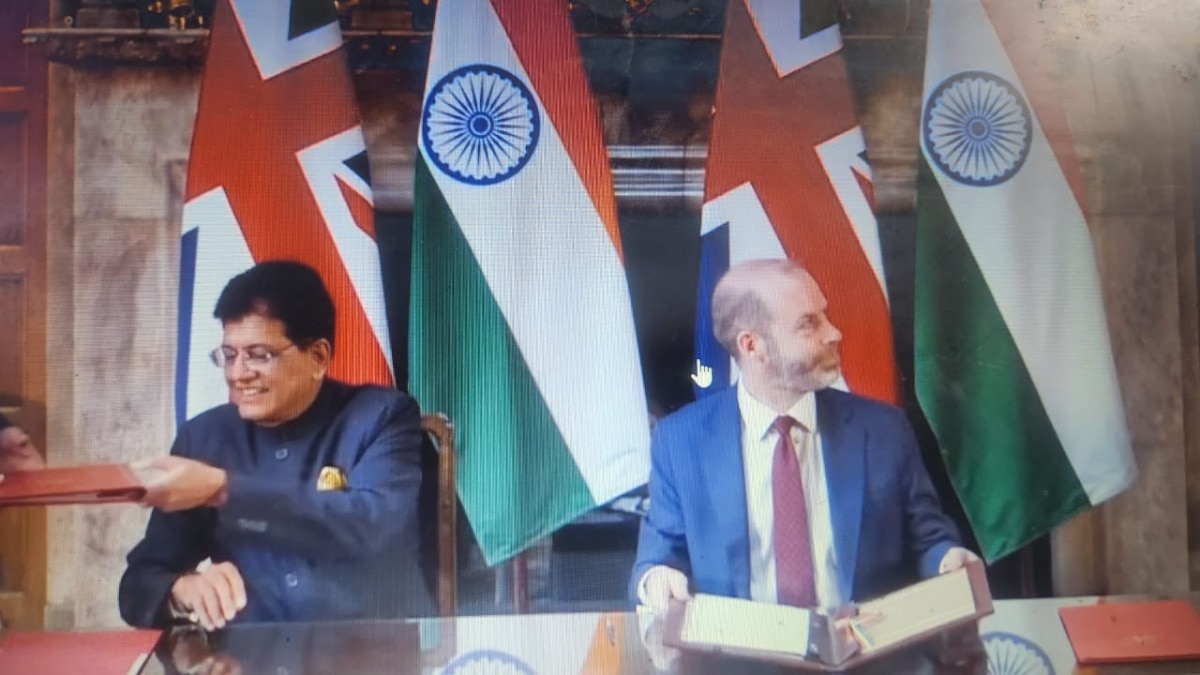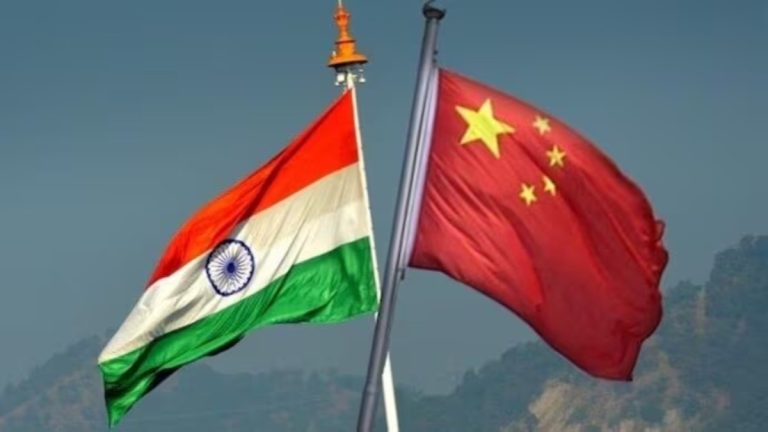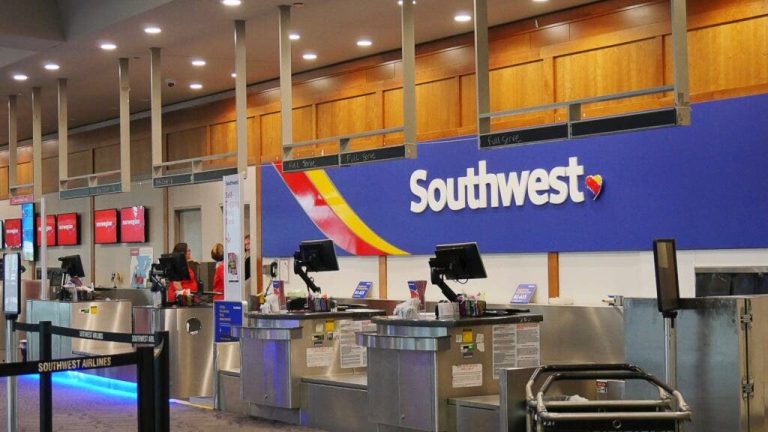Trade and Commerce Minister Piyush Goyal and his British counterpart Jonathan Reynolds signed the landmark free trade agreement (FTA) between India and the UK. The agreement is expected to boost the bilateral trade between the two countries by $34 billion annually.
This is being hailed as the largest agreement that Britain has signed since leaving the European Union. The deal was formalised in the presence of Prime Minister Narendra Modi and his British counterpart Keir Starmer.
In a tweet, Starmer called the FTA a “landmark deal” and said the agreement would boost job creation and business opportunities in the UK.
“A landmark deal with India means jobs, investment and growth here in the UK. It creates thousands of British jobs, unlocks new opportunities for businesses and puts money in the pockets of working people,” he wrote.
As part of the deal, Indian businesses will get broader access to UK markets by way of reduced tariffs and simplified regulatory compliance. The FTA is also expected to open new avenues for economic growth and job creation, especially for Indian youth.
It is expected to benefit 99 per cent of Indian exports from tariffs and will make it easier for British firms to export whisky, cars, and other products to India, besides boosting overall bilateral trade.
Indian exports from sectors such as textiles, leather, gems and jewellery, furniture, sports goods, chemicals and machinery are also likely to get cheaper due to the elimination of tariffs. Tariffs would also be removed on agrochemicals, industrial chemicals, and plastics.
Under the FTA, Indian food brands would also have enhanced access to the British market.
British exporters, on the other hand, will get reduced tariffs on products such as soft drinks, cosmetics, medical devices and automobiles from 15 per cent to 3 per cent, making them affordable for Indian consumers. Other British items that would get cheaper for Indians are Scotch whisky, gin, and luxury cars. India will also eliminate or reduce tariffs on items such as salmon, chocolates, medical devices, and biscuits.
Commenting on the trade deal, Mahindra Group CEO and MD Dr Anish Shah said: “The UK-India Vision 2035 aligns closely with our own strategic priorities, building resilient supply chains, investing in frontier technologies, and fostering a just transition to a low-carbon economy. As Indian industry becomes increasingly global in its footprint and ambition, we look forward to contributing meaningfully to this next chapter of UK-India cooperation. This deal is also a testament to the growing stature of India as a trusted partner and innovation powerhouse in the global order. We commend both governments for their bold leadership in charting a shared future rooted in prosperity, sustainability, and trust.”








